En capitulos 8 y 9, Laney tiene un conflicto con su amiga, Desi. Cuando tengo un conflicto con un/una amigo/a, me siento mal porque pienso que ellos no quieren ser mi amigo no mas. Si puedo hablar con ellos y descutir porque estamos tieniedo problemas, puedemos arreglar las problemas. Mis amigos son muy importante en mi vida y si no los tengo no se que hacer!
In House On Mango Street, written by Sandra Cisneros, the thematic motif of identity and truly understanding oneself is evident throughout the many trials that Esperanza must face. Through the many embarrassing moments that this little girl faces, to the many happy ones, her true self becomes more evident as she realizes the kind of young woman she desires to become. For example, when her friends joke about her residency, rudely asking “Where do you live…You live there?” (Cisneros, 5) Esperanza begins to be embarrassed by her home. Her “ugly three-flat house,” (43-45) the one she lied to the nun about, begins to define who she believes she is. To a child, your house is who you are. The elegance of it’s character, or the lack there of. Also, when a friend of Esperanza’s proclaims that she says the neighborhood is getting bad,” (13) Esperanza realizes that her family and her have just recently moved into the neighbor, causing the young child to realize that her kind must be “bad.” Though this young child does not understand why this neighborhood that she has recently occupied is getting so “bad” so suddenly, Esperanza realizes that her friends do not understand the struggles she endures in finding her true identity. Only thinking she can only be bad for her whole life, Esperanza feels as though the bad of neighbor, and the rude remarks by rude school teachers will determine who she is and what her fate is. Claiming that “most likely I will go to Hell…I deserve to be there,” (58) the young girl believes that the lot she was given in life as an outcast, and as a part of the inferior race that is so rapidly harming this neighborhood will earn her an eternity in damnation. Just as a young child would believe, the childish Esperanza believes that, though she is a lost child, claiming that “you can get lost easy,” (19) the young girl believes she must already know her true self, and the lack of this knowledge causes the girl to question much more. For instance, she begins to desire more for herself. Esperanza desires to be more. To be something much more than herself. More than The House On Mango Street. The young and naive Esperanza desires “to be like the waves on the sea…to jump out of my own skin.” (60) Though the young girl knows not of her own true identity, she knows what she what she wants in life, leaving self-identification to follow in her small footsteps.
Through the apparent flow of the thematic motif of self-identification and understanding true self, Sandra Cisneros allows the young character, Esperanza, to endure many trials as the child realizes who she is and what she desires to be in her house on Mango street.
 (Google Images) http://blog.lib.umn.edu/nich0185/myblog2/antilatino.jpg
(Google Images) http://blog.lib.umn.edu/nich0185/myblog2/antilatino.jpg
This photo shows not only racial prejudice, but also the ignorance of people. Granted, I am not saying all people are ignorant, just their perceptions. This sign displays the refusal to serve those who are different. Not only is this a sign of racism, it is also the unwillingness to accept differences. As a 21st century prodigy of rainbow skinny jeans and recycled 60’s rock, I cannot fathom racism. Sure, people have different skin color. They may be different, but we’re all equal. I selected this picture not only because it solely targets the race at hand in this novel, but also because this is what I see in my everyday life. There might not be signs plastered on the walls of this town, but there is a sense of “white pride” that is very evident. This novel displays racism through the many prejudices that Esperanza has to face. Through the rude looks of her friends that concern her home, to her lack of money or riches.
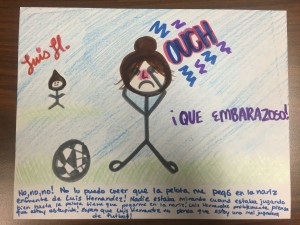
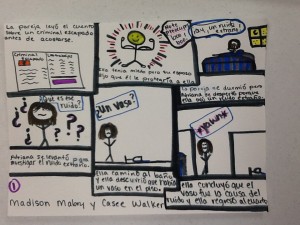
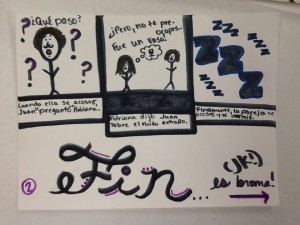
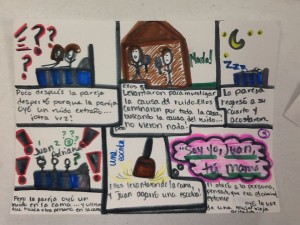
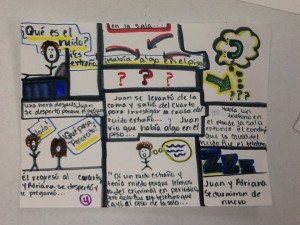
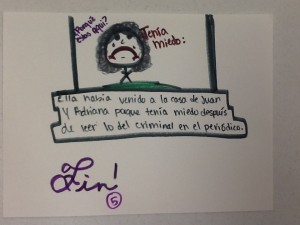
 (Google Images)
(Google Images)